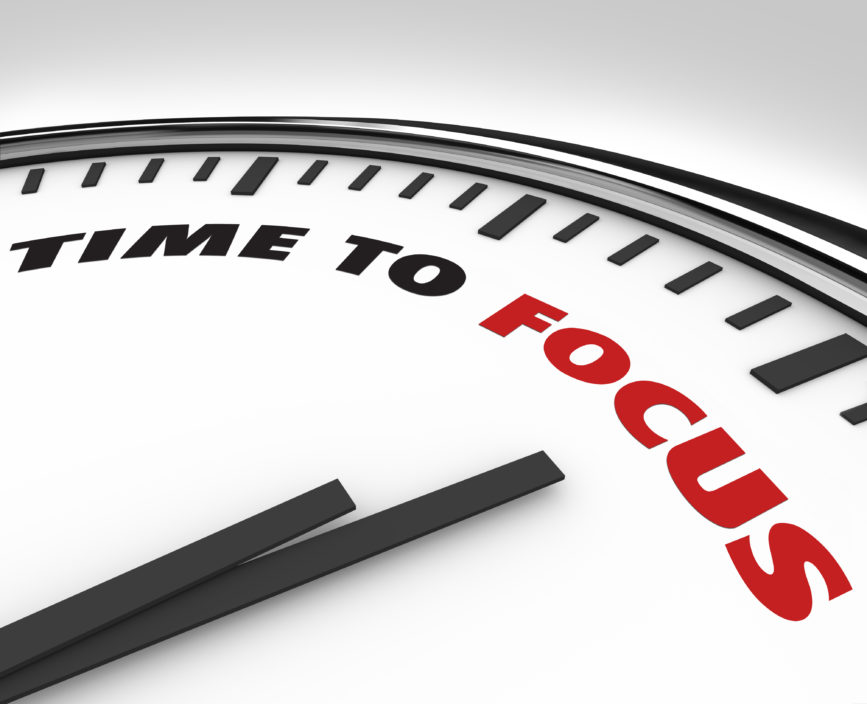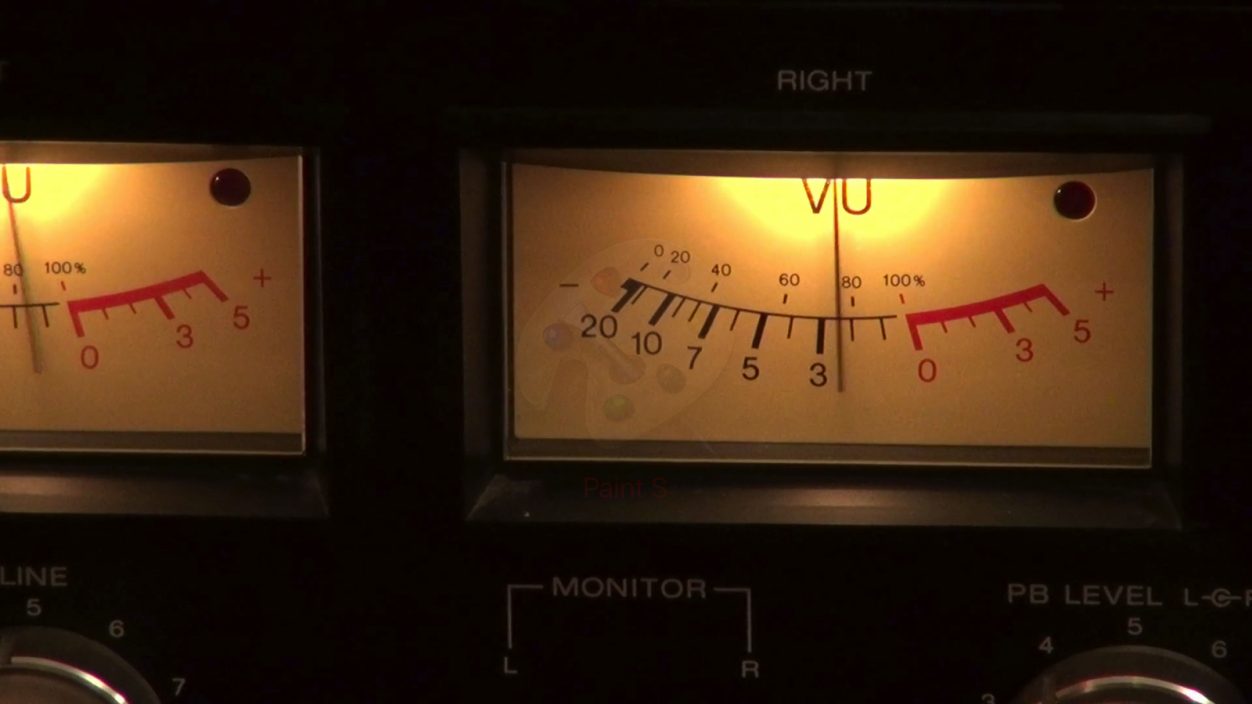Mental Strength is the Fuel that Powers Mental Skills (and all kinds of other skills too!)
You can be very good at any number of skills, but still lack the motivation and energy to perform with intensity and excellence. Without energy, purpose and drive there is a limit your peak performance, regardless of your skill level. Whether you are driving a race car, performing on stage, or playing hockey, honed skills and well-developed reflexes are only part of the equation of mental performance. A critical part, but a part, nonetheless.
The other half of the equation has to do with drive, determination, passion and purpose or what we call; Mental Strength. When mental strength is the force behind well-developed skills and sharply honed habits and reflexes, you are primed for peak performance. Some coaches refer to mental strength as a performer’s intangibles. Terms like drive, determination and mental toughness all describe the ability to remain focused and committed when the going gets tough and it’s time to perform.
Mental Strength tip #1:
a) Care about people. b) Don’t care what they think of you. c) Learn the difference.
Opinions are like belly buttons, (almost) everybody’s got one! There is a vast gulf of difference between caring about someone, and caring about their opinion. Caring about him or her is a selfless perspective, caring about what they think is selfish, by definition. This is important because we all care what people think. It is a cultural meme that we as individuals come by honestly. It is, nonetheless, a tremendous drain on our mental strength. Worrying of any sort is, at the very least, mental noise that impacts the quality of focus. At worst it is a confidence wrecker and a drive killer.
More importantly, you, as a serious performer, need to be interested in the facts, not any one person’s opinion of you. If any one person’s opinion of you is strongly correlated with the facts, then it is the fact that you need to care about, not the idea that some person thinks it, knows it, or thinks they know it.
If you simply get into the habit of systematically comparing the opinions you hear, both critical and complementary, with reality to the best of your ability, you will learn, grow and improve. You will also become less susceptible to these kinds of worries and anxieties when you are under pressure to perform.
Stress processing skills are at the heart of dulling the emotional impact of caring about opinions. If you are systematic about identifying criticism (and praise) that is based in reality and therefore valuable, and are able to differentiate it from that which is erroneous, emotionally charged or just flat wrong, you will learn and improve with each experience.



Leave a comment